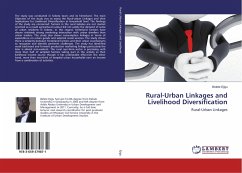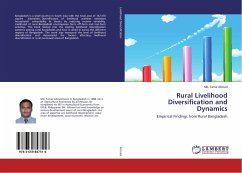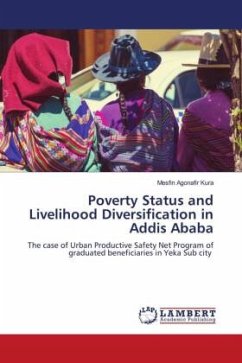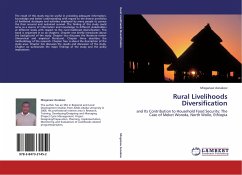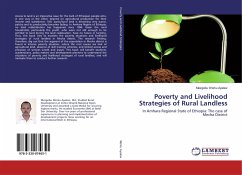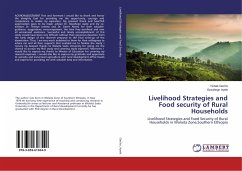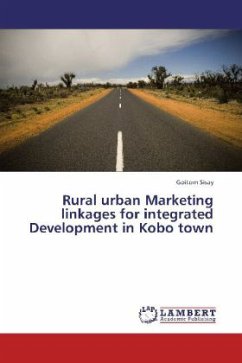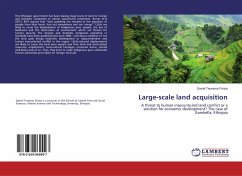The study was conducted in Sebeta town and its hinterland. The main Objective of the study was to assess the Rural-urban Linkages and their Implications for Livelihood Diversification at Household level. The findings of the study are concerned: farmers in the rural kebeles are not market oriented as a result agricultural output did not satisfy the demand of some of urban residents in Sebeta. In this regard, hinterland farmers have shown relatively strong marketing interaction with urban dwellers than urban traders. The study also shows consumption linkages in terms of expenditure on urban goods and selected social services. The study shows there is similarity between hinterland farmers and their urban counterparts to recognize and identify pertinent challenges. The study has identified weak backward and forward production marketing linkage particularly the later is almost non-existent. The rural non-farm sector is promising with more than half of sampled farmers taking part in the activity as their livelihood income source though it has undesirable effect.On the other hand, more than two-third of sampled urban households earn an income from a combination of activities.
Bitte wählen Sie Ihr Anliegen aus.
Rechnungen
Retourenschein anfordern
Bestellstatus
Storno

